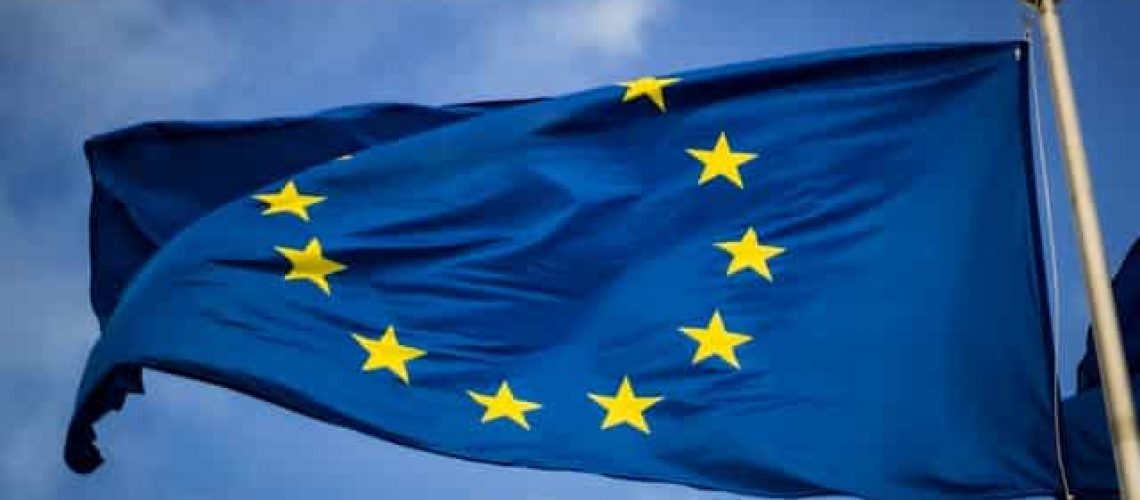Love it or loathe it, Brexit has brought about lots of change – not the least of which is the state of VAT on exporting from the UK and importing into the EU.
This article is about small consignments of goods, ie up to 150€ (about £135) or for B2C sales of services. If you are thinking of exporting goods worth more than 150€ imports into the EU – then please see ‘How to deal with EU VAT on exports from the UK’ the sister article to this one! The good news is that from a UK point of view, exporting goods means you often don’t charge UK VAT – the bigger issue is about who pays the EU VAT when you import stuff into the EU!
In an attempt to make it easier for importers into the EU, the EU have set up two One Stop Shop (OSS) schemes: the Import OSS and the Non-Union OSS.
The IOSS, or Import One Stop Shop, is for ecommerce or distance sales of goods up to a small value of 150€. This is where you, as the seller, register for and pay the EU import VAT in one single VAT registration. Previously there was an exemption for small goods worth up to 22€ but that has now been abolished. All commercial goods imported into the EU are now subject to EU import VAT.
The Non-Union OSS scheme is for B2C supplies of services where the place of supply is the customer’s country; ie primarily sales of digitally supplied services. Note this doesn’t apply to business to business (B2B) sales. Digitally supplied services have been taxed in the consumer’s country of residence for a number of years, so this is a change from the UK version of MOSS to the Non-Union OSS rather than a whole new scheme.
These OSS’s bring a couple of advantages:
Firstly, your goods get delivered to your customer duty and VAT paid – so no nasty additional bills for them.
Secondly, you only need one EU VAT registration and not one in each member state you sell into.
Note: if you don’t use these OSS’s then your customers will face a bill for the VAT and Import duty that they might not have been expecting!
You need to have an EU established VAT intermediary to register for and fulfil your EU VAT obligations and generally deal with the OSS for you. However the good thing about this requirement is that you can delegate a proportion of the awkwardness and the form filling!
Looking for more help with tax and your business? Get in touch.







